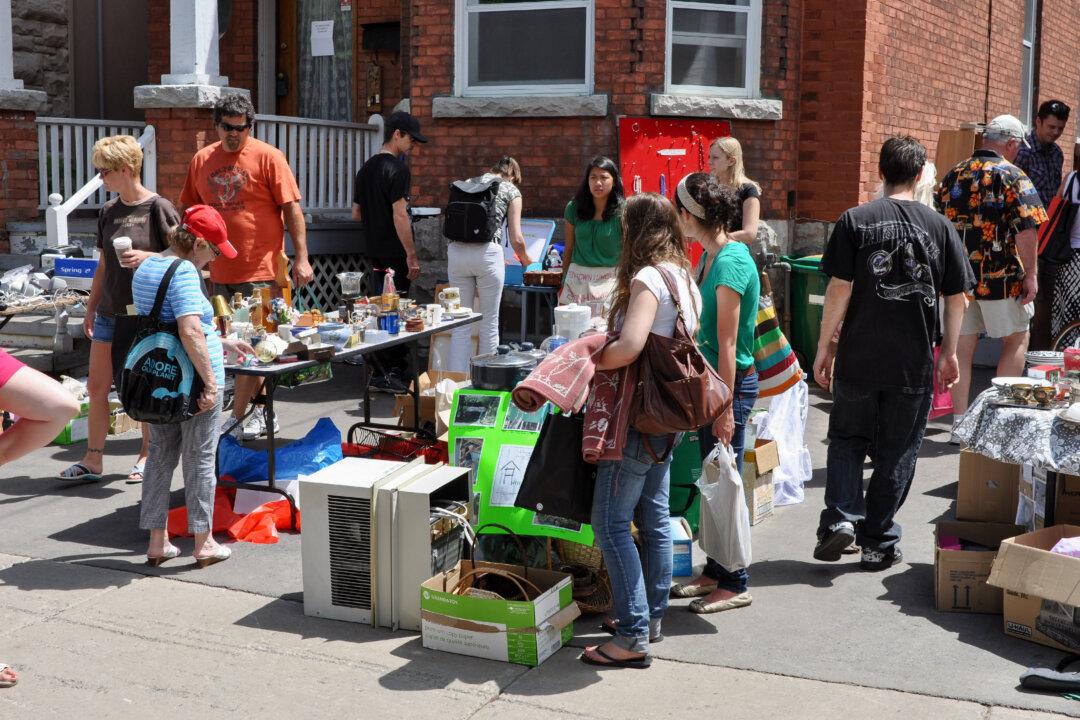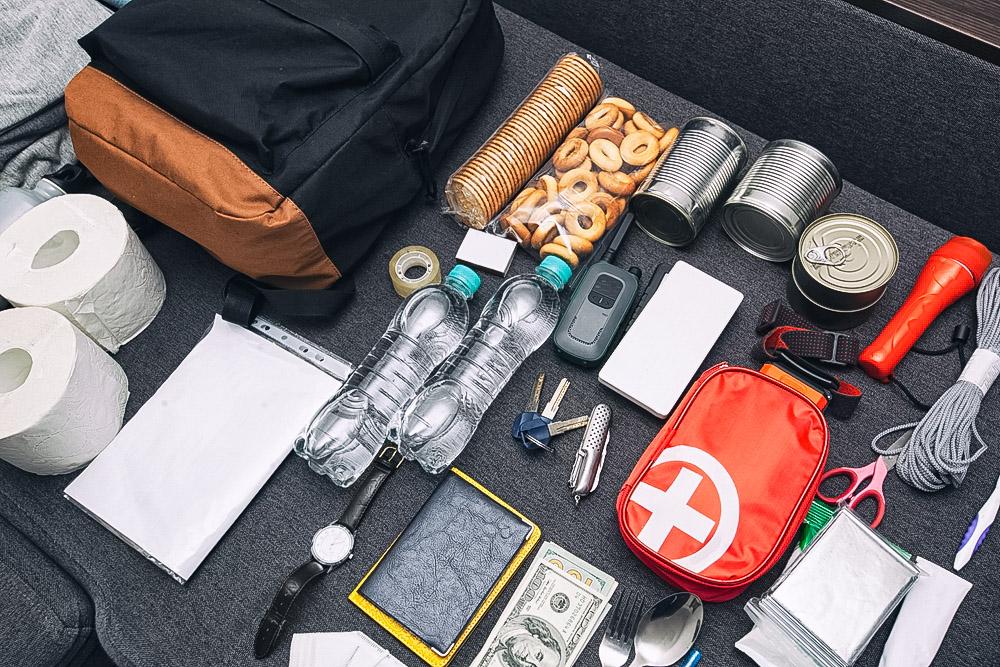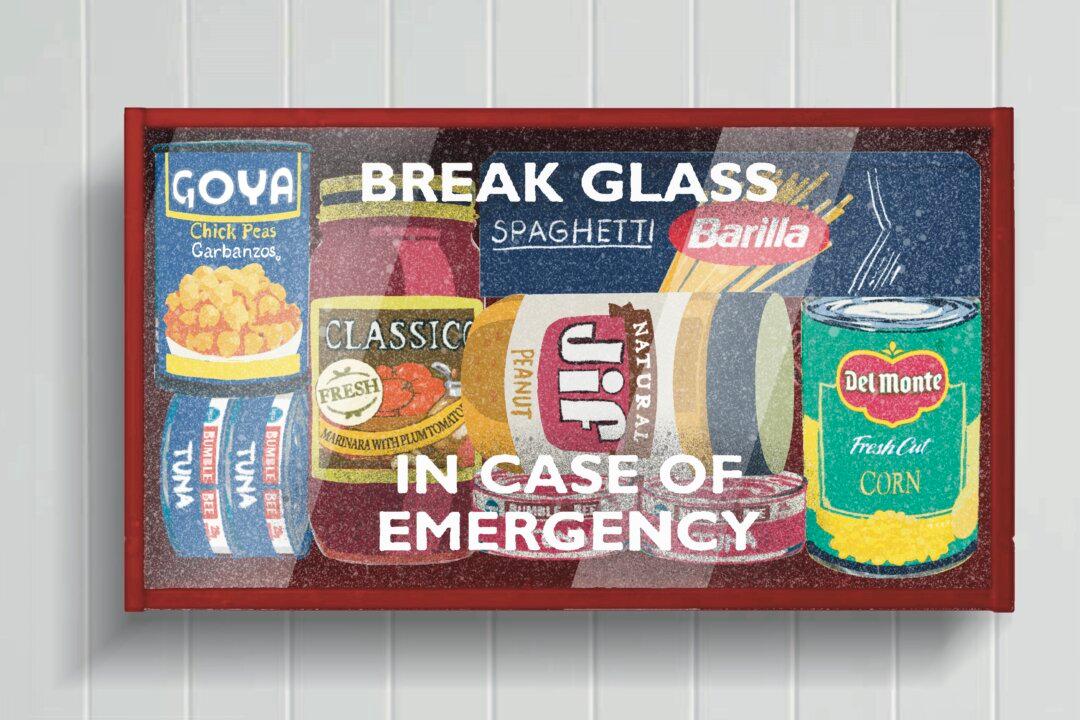The mythologization of the Lone Ranger is just that: a myth. And yet, it persists in movies and novels because it’s something many people aspire to be—a rugged, self-reliant individual who overcomes the worst adversities with his or her talent stack of survival skills and vast knowledge of nearly everything.
In reality, the Lone Ranger is more likely to end up alone, injured, and dead, with no nearby friends or tribesmen. The fact is, we all need a support system, and back in the day, that system would’ve been our clan, tribe, or extended family. In modern communities, as most families are spread across a country if not a continent, it’s difficult to find a new “tribe” in which you not only fit in but your values and worldview are shared as well.





